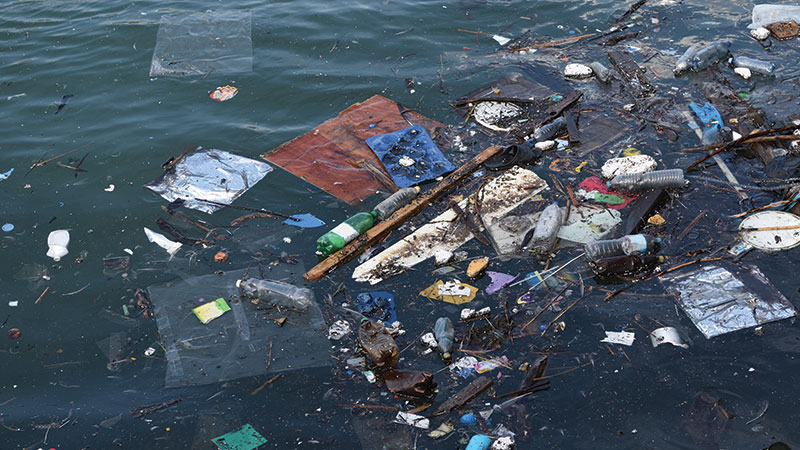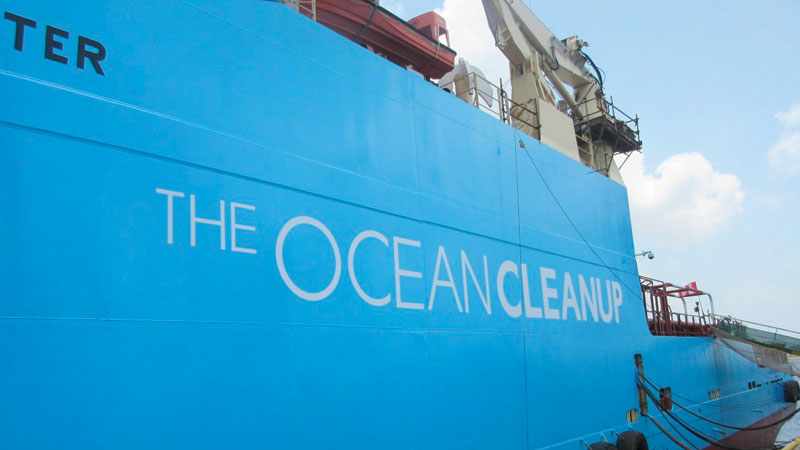
The shipping industry has always been conservative and slow to change and this is understandable. We are responsible for the world’s global trade and economies depend on us to grow and prosper as we move goods around the world.
However… That should not stop us from doing whatever we can to save and protect our oceans and the life under the surface that we use for our trade routes.
Pollution is the presence in or introduction into the environment or substance or thing that has harmful or poisonous effects. The two biggest polluters of our oceans are plastic and toxic materials, usually liquids or sludge. Both are man-made and require a larges sustained effort to revert our oceans to pre-industrial age form.
From the tiniest plankton to the largest whales, plastics impact nearly 700 species in our ocean.
Plastic has been found in more than 60% of all seabirds and in 100% of sea turtles species, that mistake plastic for food. And when animals ingest plastic, it can cause life-threatening problems, including reduced fitness, nutrient uptake and feeding efficiency—all vital for survival. Every year, 8 million metric tons of plastics enter our ocean on top of the estimated 150 million metric tons that currently circulate our marine environments.
-Oceanconservancy.org
Volunteer groups around the world participate in beach and river cleanups. Land-based humans, responsible for plastic pollution, are upstream from plastics in the ocean and rivers are the primary source of delivering plastics from land to the ocean.
Different from toxic materials dumped into the sea by ships, plastics are not a problem created by the shipping industry. However, the seafarers that crew our ships see plastics on the ocean all the time, some resembling floating islands.

Maersk, the world’s largest container shipping company, is to be commended for doing its part, working with The Ocean Cleanup, to help rid the ocean of the estimated five trillion pieces of plastic in the ocean. They also are active in river clean-up and have recently done volunteer work on the Nile, one of the 10 rivers contributing 90% of the plastic in the ocean, setting an example for other shipping companies.
Billed as the largest ocean cleanup in history, The Ocean Cleanup, (theoceancleanup.com), whose goal is to remove 90% of floating ocean plastic by 2040. Maersk, one of the sponsors of the project, launched the Ocean Cleanup System trial System 001 last in September year when it was installed by the ocean tug Maersk Launcher. System 001 had some learning opportunities and even